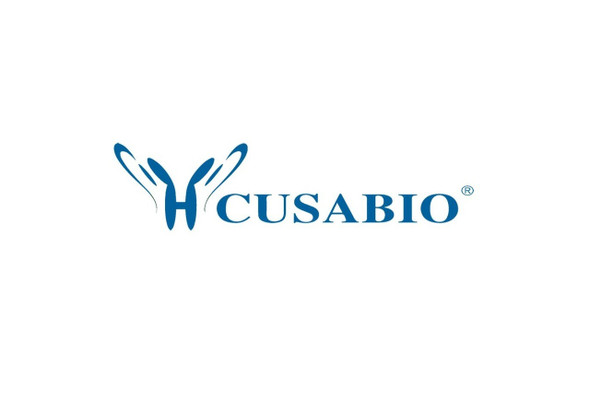Cusabio Polyclonal Antibodies
DUSP14 Antibody | CSB-PA055199
- SKU:
- CSB-PA055199
- Availability:
- 3 to 7 Working Days
Description
DUSP14 Antibody | CSB-PA055199 | Cusabio
DUSP14 Antibody is Available at Gentaur Genprice with the fastest delivery.
Online Order Payment is possible or send quotation to info@gentaur.com.
Product Type: Polyclonal Antibody
Target Names: DUSP14
Aliases: dual specificity phosphatase 14
Background: Dual-specificity phosphatases (DUSPs) constitute a large heterogeneous subgroup of the type I cysteine-based protein-tyrosine phosphatase superfamily. DUSPs are characterized by their ability to dephosphorylate both tyrosine and serine/threonine residues. They have been implicated as major modulators of critical signaling pathways. DUSP14 contains the consensus DUSP C-terminal catalytic domain but lacks the N-terminal CH2 domain found in the MKP (mitogen-activated protein kinase phosphatase) class of DUSPs.
Isotype: IgG
Conjugate: Non-conjugated
Clonality: Polyclonal
Uniport ID: O95147
Host Species: Rabbit
Species Reactivity: Human, Mouse
Immunogen: Fusion protein of human DUSP14
Immunogen Species: Human
Applications: ELISA, IHC
Tested Applications: ELISA, IHC;ELISA:1:1000-1:2000, IHC:1:15-1:50
Purification Method: Antigen affinity purification
Dilution Ratio1: ELISA:1:1000-1:2000
Dilution Ratio2: IHC:1:15-1:50
Dilution Ratio3:
Dilution Ratio4:
Dilution Ratio5:
Dilution Ratio6:
Buffer: -20°C, pH7.4 PBS, 0.05% NaN3, 40% Glycerol
Form: Liquid
Storage: Upon receipt, store at -20°C or -80°C. Avoid repeated freeze.
Initial Research Areas: Signal Transduction
Research Areas: Signal transduction











